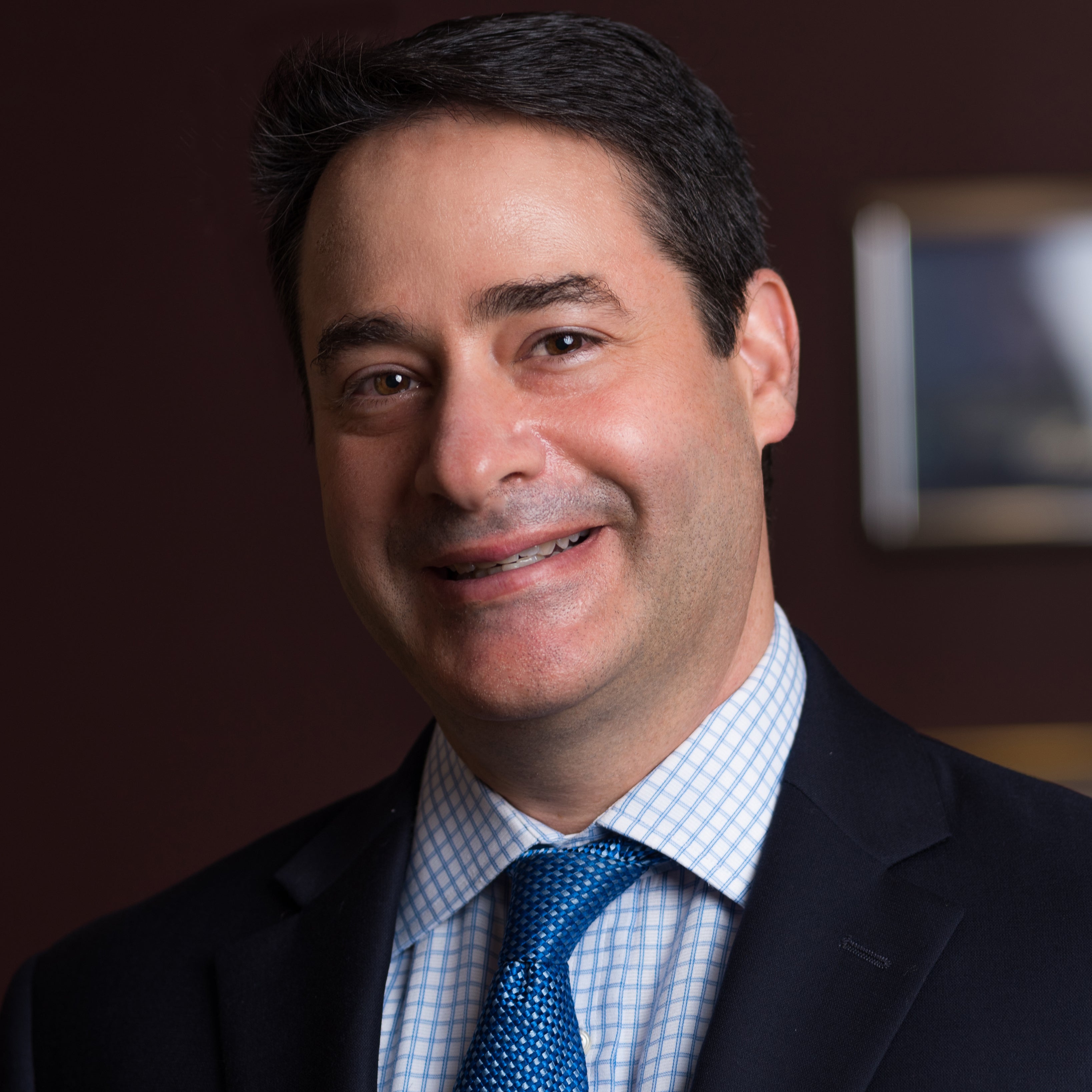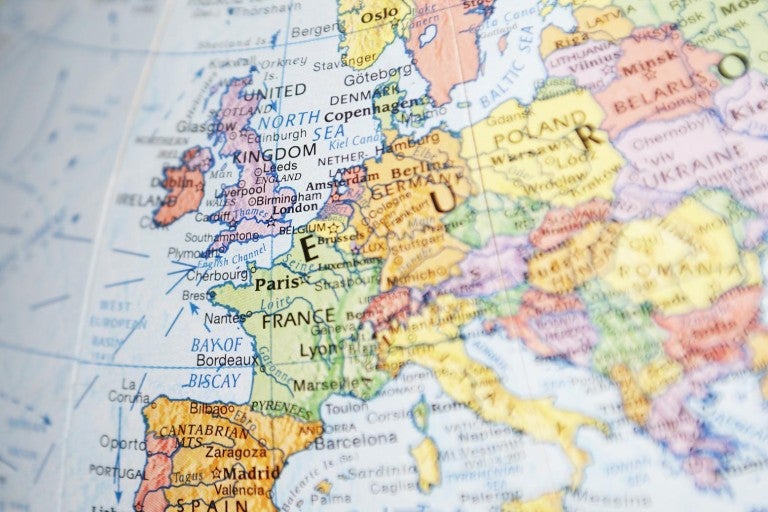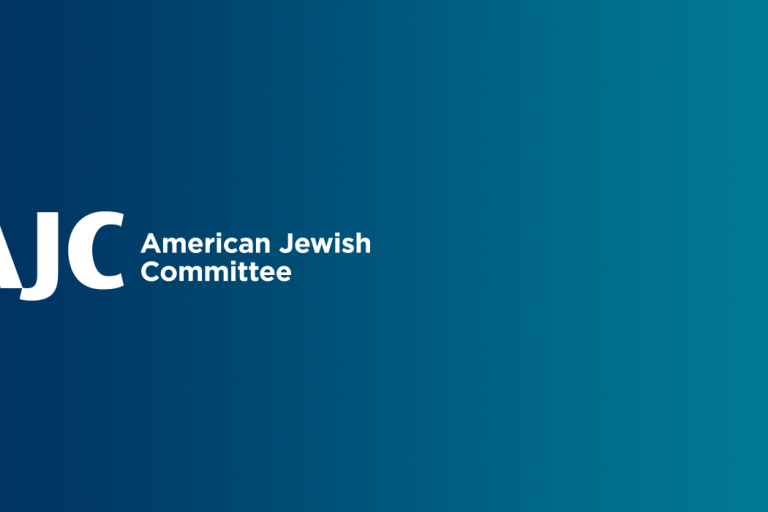July 23, 2015
Tisha B’Av is a solemn day on the Jewish calendar. Jews in Miami and around the world memorialize the destruction of the first and second temples in Jerusalem, and other tragedies that befell the Jewish people over the centuries on this date, the ninth day of the Hebrew month Av, which is observed on Sunday.
This year Jews also have a clear and present danger to consider on this solemn day: Jews in Europe are confronting escalating antisemitism.
The situation is so bad that many are questioning the viability of a Jewish future in Europe. And who can blame them? In the past 14 months, terrorists murdered Jews in the capital cities of Belgium, Denmark, and France. Jews and Jewish institutions — synagogues and schools — across Europe have suffered numerous attacks. Even the dead are targeted, as Jewish gravestones in cemeteries have been desecrated.
The scope of antisemitism in Europe, decades after the Holocaust, was exposed in a European Union survey of Jewish communities in eight countries two years ago. The first survey of its kind, it revealed that 21 percent of Jews had experienced at least one incident of antisemitic physical attack or harassment in the 12 months prior to the survey, and 23 percent had avoided Jewish events or sites for safety reasons. As a result of this threatening environment, more than 40 percent of Jews in Belgium, France, and Hungary were considering emigration.
The survey by the E.U.’s Agency for Fundamental Rights was a wake-up call. It quantified the severity of the problem, demonstrating that antisemitism extends well beyond horrific attacks such as the kidnapping and murder of Ilan Halimi in Paris in 2006, and the terrorist murder of three children and a teacher at a Jewish school in Toulouse in 2012. The report also offered recommendations for governments to monitor and combat antisemitism, to try again to put this hateful, age-old genie back in its bottle with an unbreakable seal.
But even the cumulative antisemitic incidents did not bring about a sea-change in how European societies address the emerging crisis. Not until the fatal terror attacks on a kosher supermarket in Paris and a synagogue in Copenhagen earlier this year did European countries acknowledge that unchecked antisemitism threatens the fundamental values and structure of democratic, pluralistic societies.
But the assaults continue. In France, for example, during the first five months of 2015 alone, 508 antisemitic acts, an average of three per day, occurred, according to the Jewish Community Protection Service (SPCJ) and the French Minister of Interior.
To raise consciousness, my organization, AJC, convened a groundbreaking strategy conference, “A Defining Moment for Europe,” in Brussels this past May, attended by representatives of nearly all E.U. countries, as well as U.S. diplomats. At the conference, AJC released a “Call for Action,” a detailed plan for European governments to prioritize and fight the escalating problem. It specifies concrete steps for governments to assess the severity of the problem; provide for the security of Jewish institutions and communities; invest in education that imparts European values; take on purveyors of antisemitism on the Internet and in social media; and recognize that vilification of Israel is often a cover for expressions of antisemitism.
While the focus is currently on Europe, antisemitism has never been confined to one country or one community. Indeed, the U.S. itself is not immune, and authorities at the local, state, and national levels have been called upon to respond to incidents targeting Jews. The severity of the problem today, 70 years after the Holocaust, calls for an all-hands-on-deck approach, and civic leaders in the U.S. have a vital role.
That is why, following-up on our Brussels conference, AJC launched the Mayors United against Antisemitism initiative. It brings together the heads of municipalities across the U.S. in support of a clear and strong statement calling on their European counterparts to publicly address and take concrete action against rising antisemitism. “In a world of global communications where antisemitic ideas can and do spread quickly, the impact of the rise of antisemitism in Europe does not stop at Europe's borders,” says the statement.
Among the first signatories to the clarion call were Mayor Carlos Gimenez of Miami Dade County and eight other Miami-area mayors. They joined New York City Mayor Bill de Blasio — the first to sign on — Mayor Stephanie Rawlings-Blake, who chairs the U.S. Conference of Mayors, and the mayors of Boston, Chicago, Los Angeles, and many more. (The full statement and list are at www.ajc.org/mayors.) The list will grow over the coming weeks because it is right to speak out unequivocally against this evil incarnate. History has taught us that we cannot be silent, and we cannot wait.
Brian D. Siegal is director of the American Jewish Committee Greater Miami and Broward Regional Office.



